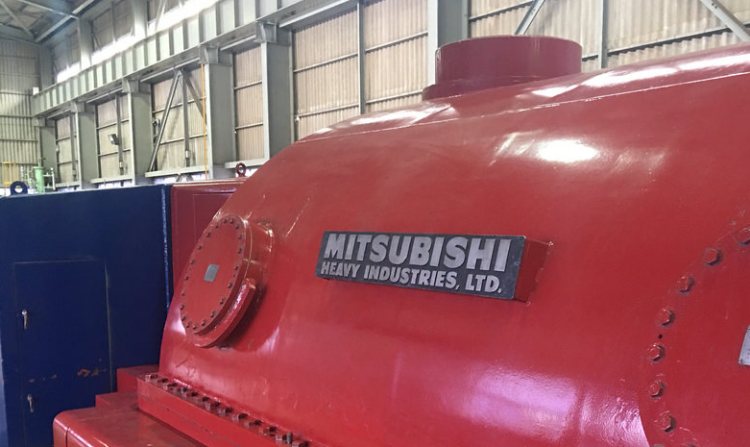UPDATE 1-S.Korean court orders Japan's Mitsubishi to compensate wartime forced labourers
In a separate ruling, the court also ordered Mitsubishi to pay up to 150 million won to each of five plaintiffs or their families.

- Country:
- Japan
- Korea Rep.
South Korea's top court ruled on Thursday that Japan's Mitsubishi Heavy Industries Ltd must compensate 28 South Koreans for their forced labour during World War Two, a ruling that drew an immediate rebuke from Tokyo.
The decision echoed the Supreme Court's landmark verdict last month that ruled in favour of South Koreans seeking compensation from Japan's Nippon Steel & Sumitomo Metal Corp. for their wartime forced labour.
The court upheld a 2013 appeals court decision that Mitsubishi must pay 80 million won ($71,000) to each of the 23 plaintiffs in compensation.
In a separate ruling, the court also ordered Mitsubishi to pay up to 150 million won to each of five plaintiffs or their families.
Mitsubishi was not immediately available for comment after the ruling.
Japanese Foreign Minister Taro Kono quickly issued a statement in which he said the court's decisions were "totally unacceptable".
"This fundamentally overturns the legal basis for friendly ties between Japan and South Korea and is extremely regrettable," Kono said.
Previous cases the five former labourers had brought in Japan were dismissed on the grounds that their right to reparation was terminated by a 1965 treaty normalising diplomatic ties between Seoul and Tokyo.
However, the South Korean Supreme Court upheld last month's ruling that Japan's occupation of the peninsula was illegal.
"The treaty does not cover the right of the victims of forced labour to compensation for crimes against humanity committed by a Japanese company in direct connection with the Japanese government's illegal colonial rule and war of aggression against the Korean peninsula," the court said in a statement.
(With inputs from agencies.)
- READ MORE ON:
- Workers' compensation
- Executive compensation
- Plan
- Korean War
- Korean language
- Korean Peninsula
- Statement
- Artist's statement
- Switch statement
- Japan's occupation
- South Korean Supreme Court
- wartime
- forced labour
- labourers South Korea's
- Japanese company
- compensation
- Korean court orders Japan's Mitsubishi
- Japan's Mitsubishi Heavy Industries
- separate ruling
- World News
ALSO READ
Polish PM says family of Polish aid worker killed in Gaza should get compensation from Israel
Family of Pole killed in Gaza should get compensation from Israel, Poland says
Boeing pays Alaska Airlines USD 160 million in compensation for the blowout of a panel during flight
Family of Pole killed in Gaza should get compensation from Israel, Poland says
Boeing's CEO got compensation worth nearly $33 million last year but lost a $3 million bonus










